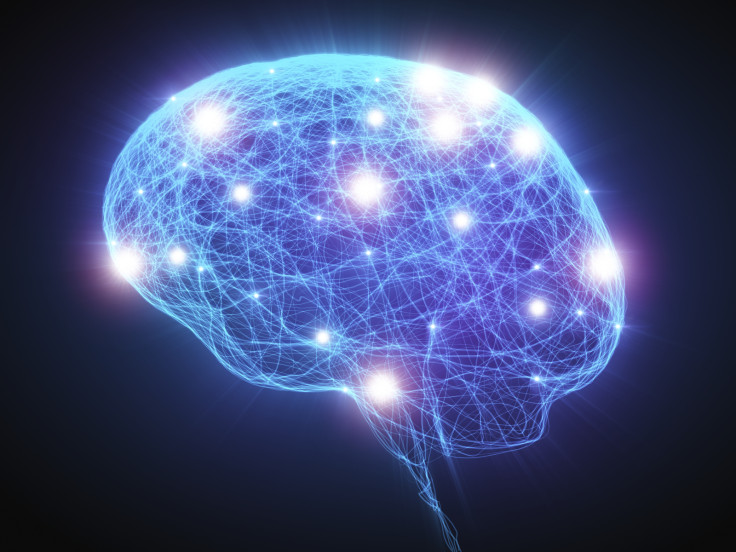PTBP1: The protein that made us the smartest animals on Earth

A team of scientists believe that they have identified how a single molecular event in our cells led us to become the smartest beings on earth. A small change in a protein known as PTBP1 could have been the catalyst for the creation of neurons to spur the evolution of mammalian brains to become the most complex and powerful of all vertebrates, according to the report published in Science.
Brain power and size vary widely across all animals, but scientists are unsure how the variation came about. A press release reads: "Humans and frogs, for example, have been evolving separately for 350 million years and have very different brain abilities. Yet scientists have shown that they use a remarkably similar repertoire of genes to build organs in the body."
The study, led by Benjamin Blencowe, a professor in the University of Toronto's Donnelly Centre and Banbury Chair in Medical Research, set out to discover why these changes occurred. The research focused on a process known as alternative splicing (AS), in which gene products are accumulated in two proteins that provide the foundation of life, the report says.
Previous work from Blencowe showed that the more complex a vertebrate is, the more commonplace AS is. During this process, gene fragments called exons reshuffle to make different protein shapes. AS allows cells to make multiple proteins from just one gene.
Serge Gueroussov, a graduate student in Blencowe's lab, said: "We wanted to see if AS could drive morphological differences in the brains of different vertebrate species."
They found that there is another version of PTBP1 present only in mammals. It is shorter because it is omitted during AS and isn't included in the final protein shape. Gueroussov engineered chicken cells and found that the shorter PTBP1 triggered AS events that are only present in mammals.
"One interesting implication of our work is that this particular switch between the two versions of PTBP1 could have affected the timing of when neurons are made in the embryo in a way that creates differences in morphological complexity and brain size," said Blencowe. "This is the tip of an iceberg in terms of the full repertoire of AS changes that are likely to have contributed major roles in driving evolutionary differences."
© Copyright IBTimes 2024. All rights reserved.







